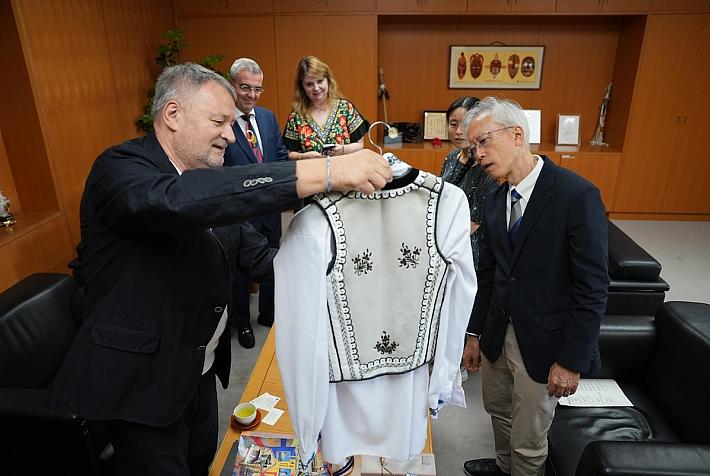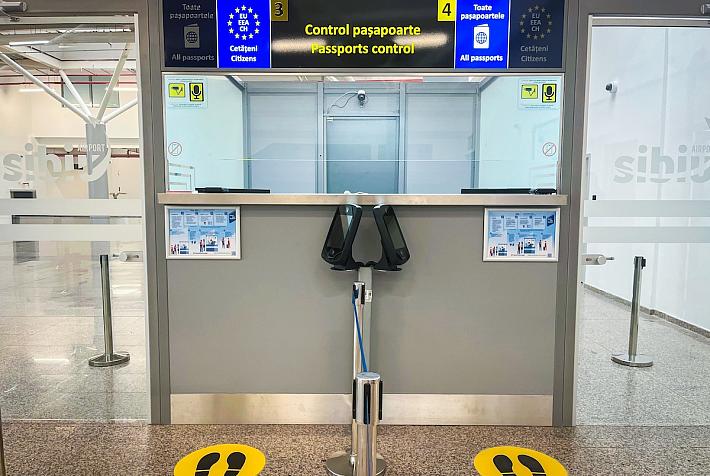Romanian engineers work on Continental’s virtual driving school technology

Engineers from Continental Romania are working in international teams to develop Continental’s new virtual driving school technology, through which the company targets the use of Artificial Intelligence (AI) to give vehicle systems human understanding.
German automotive producer presented at the CES Asia event a computer vision platform that uses Artificial Intelligence (AI), neural networks and machine learning to improve advanced sensor technologies. The company’s fifth generation of its multi-function camera, which will begin series production in 2020, will use neural networks alongside traditional computer vision processes. Depending on the available hardware, these can be scaled and refined, and using intelligent algorithms they improve the scene understanding involving the classification of the intentions and gestures of pedestrians, according to the company.
“AI plays a large role in taking over human tasks. With AI software, the vehicle is able to interpret even complex and unforeseeable traffic situations – it’s no longer about what’s in front of me but about what could be in front of me,” said Karl Haupt, head of the Advanced Driver Assistance System business unit at Continental.
Artificial Intelligence opens up new possibilities for the computer vision platform. For example, AI can detect people and interpret their intentions and gestures.
“The car should be so intelligent that it understands both its driver and its surroundings,” said Robert Thiel, head of Machine Learning in the Advanced Driver Assistance Systems business unit.
Continental said it relies on AI in its product development departments to perform extremely complex tasks such as pedestrian detection to learn the concrete parametrization of this design from huge quantities of data. This requires the creation of a system that combines and parametrizes the data input i.e. the millions of pixels in a camera image used for pedestrian detection. The second step involves enabling this system to search every combination of the parameters that solves the problem, according to a press release.
Romanian teams develop software, electronics for Continental’s new 48V eBike system
Irina Marica, irina.marica@romania-insider.com
(photo source: Continental)











